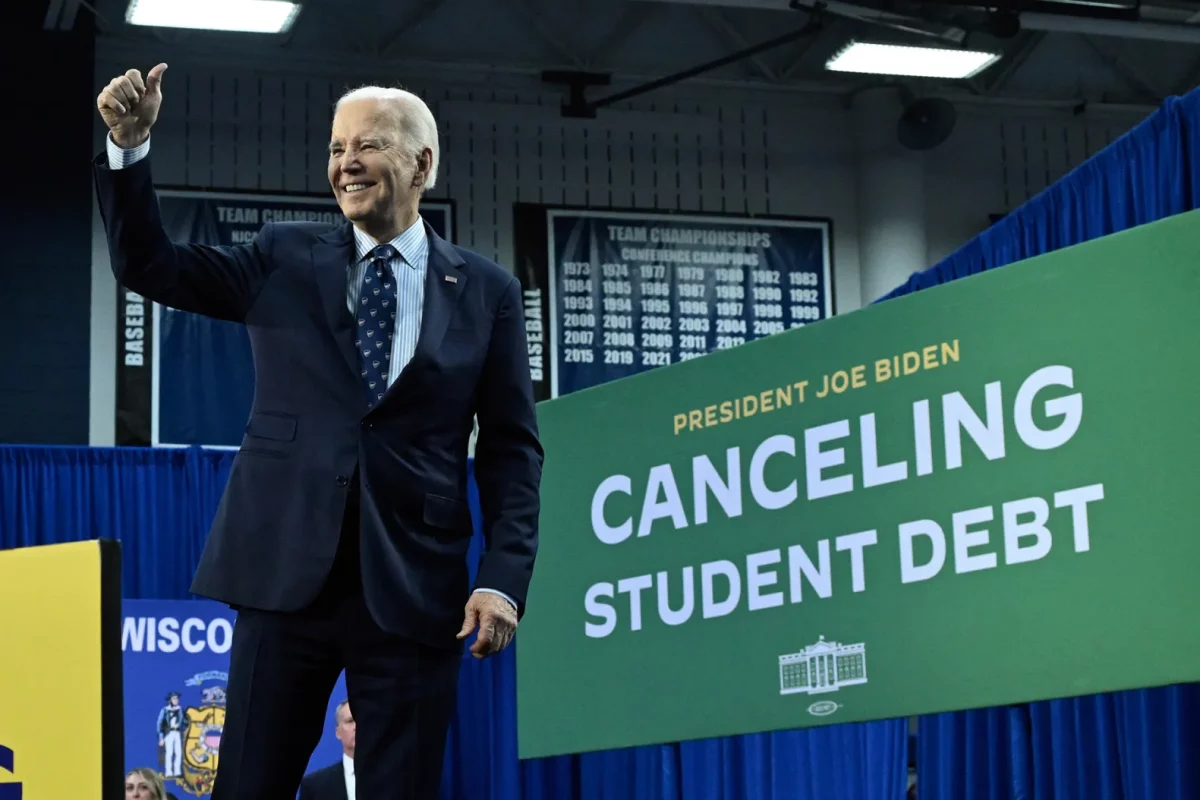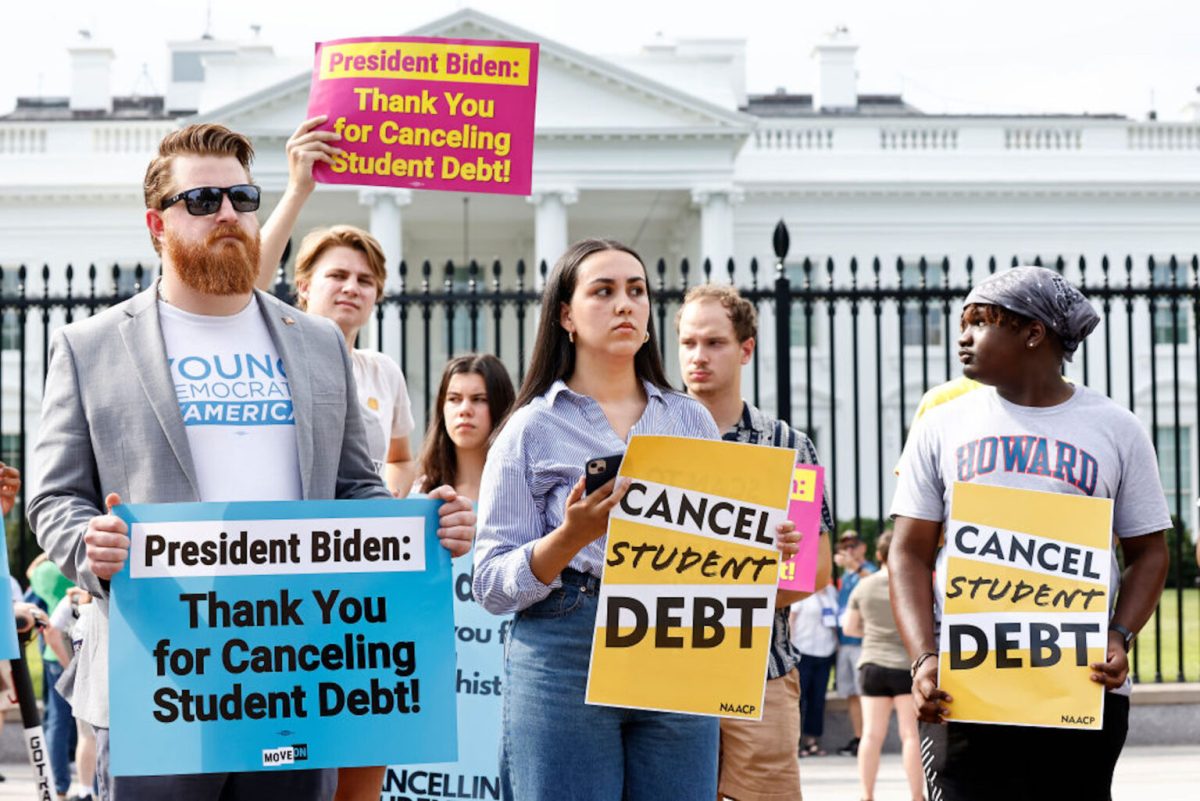Two federal judges on Monday ruled to block part of President Joe Biden’s recent attempt to indefinitely postpone or cancel nearly half a trillion dollars in student loan debt.
U.S. District Judge John Ross in Missouri and U.S. District Judge Daniel Crabtree in Kansas issued two separate rulings on Monday after Republican-led states’ attorneys general filed a legal challenge to Biden’s plan, which would have indefinitely postponed payments for a huge swath of borrowers, likely costing taxpayers about half a trillion dollars.
Ross’ ruling is a preliminary injunction halting part of Biden’s plan until a ruling is made. The issue will likely be appealed and could move up through the courts.

“By attempting to saddle working Missourians with Ivy League debt, Joe Biden is undermining our constitutional structure,” Republican Missouri Attorney General Andrew Bailey, who helped lead the legal challenge, said in a statement “Only Congress has the power of the purse, not the president. Today’s ruling was a huge win for the rule of law, and for every American who Joe Biden was about to force to pay off someone else’s debt.”
The Kansas decision followed Congressional logic as well. U.S. District Judge Crabtree was appointed by President Barack Obama.
“Kansas’s victory today is a victory for the entire country,” said Kansas Attorney General Kris Kobach. “As the court correctly held, whether to forgive billions of dollars of student debt is a major question that only Congress can answer. Biden’s administration is attempting to usurp Congress’s authority. This is not only unconstitutional, it’s unfair. Blue collar Kansas workers who didn’t go to college shouldn’t have to pay off the student loans of New Yorkers with gender studies degrees.”
About this time last year, the U.S. Supreme Court struck down Biden’s sweeping student debt cancellation plan that changed a 2003 law, dramatically expanding a previously narrow measure to allow the authority to forgive $10,000 per borrower with some limitations.

“The authority to ‘modify’ statutes and regulations allows the Secretary to make modest adjustments and additions to existing provisions, not transform them,” said the majority opinion, written by Chief Justice John Roberts.
But Biden has another at bat, this time in a rule that indefinitely postponed repayment for borrowers under the Income-Driven Repayment plan.
That plan was set to fully take effect July 1 and would affect more than half of borrowers, though some have already had their payments brought down to nothing. Estimates vary on how much the plan would cost taxpayers. However, some projections come in at around half a trillion dollars.
Critics of the plan have raised similar concerns, namely that the power of the purse belongs to Congress, and not the president.
On top of that, they argue it is unfair to have taxpayers pick up the tab for Americans who went to college, especially since many of those college graduates are now prepared to earn more money than the other Americans helping pay for their degrees.
Republicans heralded the ruling.
“Just like Biden’s other student loan schemes, this IDR policy does not ‘forgive’ debt. It transfers the burden of $559 billion in debt from those who willingly took it on to Americans who chose to not go to college or already sacrificed to pay off their loans,” U.S. Senator Bill Cassidy, R-La. “These unfair, irresponsible policies from President Biden are nothing more than a cynical attempt to buy votes before the next election.”

Casey Harper – The Center Square
Casey Harper is a Senior Reporter for the Washington, D.C. Bureau. He previously worked for The Daily Caller, The Hill, and Sinclair Broadcast Group. A graduate of Hillsdale College, Casey's work has also appeared in Fox News, Fox Business, and USA Today.




